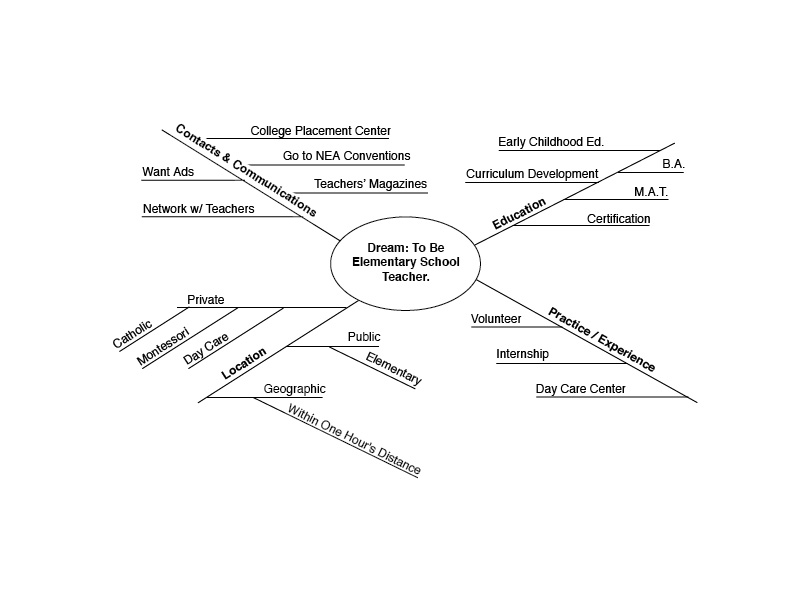Do you wait until the last minute to meet critical deadlines? Do you put off projects thinking you work best under pressure? Do your friends and co-workers call you a procrastinator? If so, you’re not alone.
According to Psychology Today, 20% of people consider themselves chronic procrastinators. They don’t cash checks on time, pay their bills or taxes when tdue, accept invitations or act on opportunities. They do sabotage themselves regularly and have difficulty breaking free.
You are probably not one of those people. It may just be that you drag your feet when it comes to certain tasks.
So why do we procrastinate?
Some of the reasons people procrastinate include:
• fear of failure
• fear of success
• poor time management skills
• overwhelm
• thinking you work better under pressure.
Whatever your reason, what can you do about it?
How to Overcome Procrastination– The Easy Way
Suppose you have a major project to tackle and you just haven’t started yet. How can you move forward and avoid procrastination?
Here are 5 easy steps:
Visualize the End Result and Tie It into Your Why. Perhaps the new project will lead to the development of software that can improve the quality of people’s lives. Maybe the event you are coordinating will help hundreds of needy children. Or perhaps the work you’re doing will help ensure your company stays in business, which enables you to keep your job.

Whatever the end result, visualize it. Get a clear sense of what completed success looks like, in vivid color and detail. Feel the satisfaction for a job well done. See the happy faces of those you’re impacting. And ask yourself how this connects to your purpose, your why. That will keep you moving forward.
Use a Mindmap. Tony Buzan coined the term in the 1960’s and it is a powerful tool for brainstorming. Our minds do not think linearly. We don’t think point 1, subset a.b.c. Our thoughts come in from all different angles in a haphazard manner. That’s where a mindmap helps. It enables you to chunk out a large project into manageable visual steps you and your team can achieve.

Shown here is a mindmap of a person who wants to an elementary school teacher. She starts by thinking of all the things she needs to do to make that come true. Each major step is a spoke on the wheel of the mindmap . And then there are offshoots from each spoke. Main categories are Education/Training, Practice/Experience, Locaton, Getting a Job through Contacts and Communication. A full mindmap might have dozens of offshoots.
You can do this same thing with your project. If you’re working with a team or employees, have everyone participate and you’ll get great ideas.
Turn Your MindMap into an Action Plan
Now that you know what has to happen, make an action plan with deadlines and delegation. Who has to do each thing by when, and what does success look like?
Have each person take ownership of their tasks and have weekly reporting.
For Real Success, Have Accountability Partners.
Take that action plan and pair up people on your team with accountability partners, preferably in different areas, so they can check in on each other in a positive way. Try emails with headers like: “How’s the such and such going? Need any help?” Have each other be supportive, not judgmental.
And if it’s just you doing the project, pair up with a co-worker or friend and ask them to be your accountability partner. You can offer to do the same with them for some goal they may have. Accountability works
Celebrate Small Successes Along the Way
Norman Lear said. “Life is made up of small pleasures. Happiness is made up of those tiny successes. The big ones come too infrequently. If you don’t have all those zillions of tiny successes, the big ones don’t mean anything.”
When you’re developing the action plan, create pre-set milestones at each level. When you reach that milestone, celebrate your success in some small way.
Procrastination can be overcome with clear intention, visualization of outcomes, mindmapping, action planning, accountability and celebration of small successes along the way. Try this on your next project and see how effective you can truly be.
For example, I’m on a board now where we are raising money to get free books to impoverished children through bookfairs. We are trying to raise $165,000 in a few weeks, and it looks like we are going to make it. Every time we get a significant donation, an email goes out to the Read USA Inc. team and we all cheer and send WOOHOO and emojis congratulating each other. That keeps us fired up and moving forward. You can do the same thing.
Procrastination can be overcome with clear intention, visualization of outcomes, mindmapping, action planning, accountability and celebration of small successes along the way. Try this on your next project and see how effective you can truly be.


